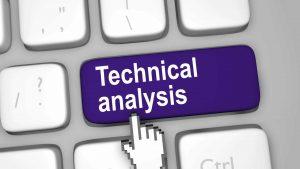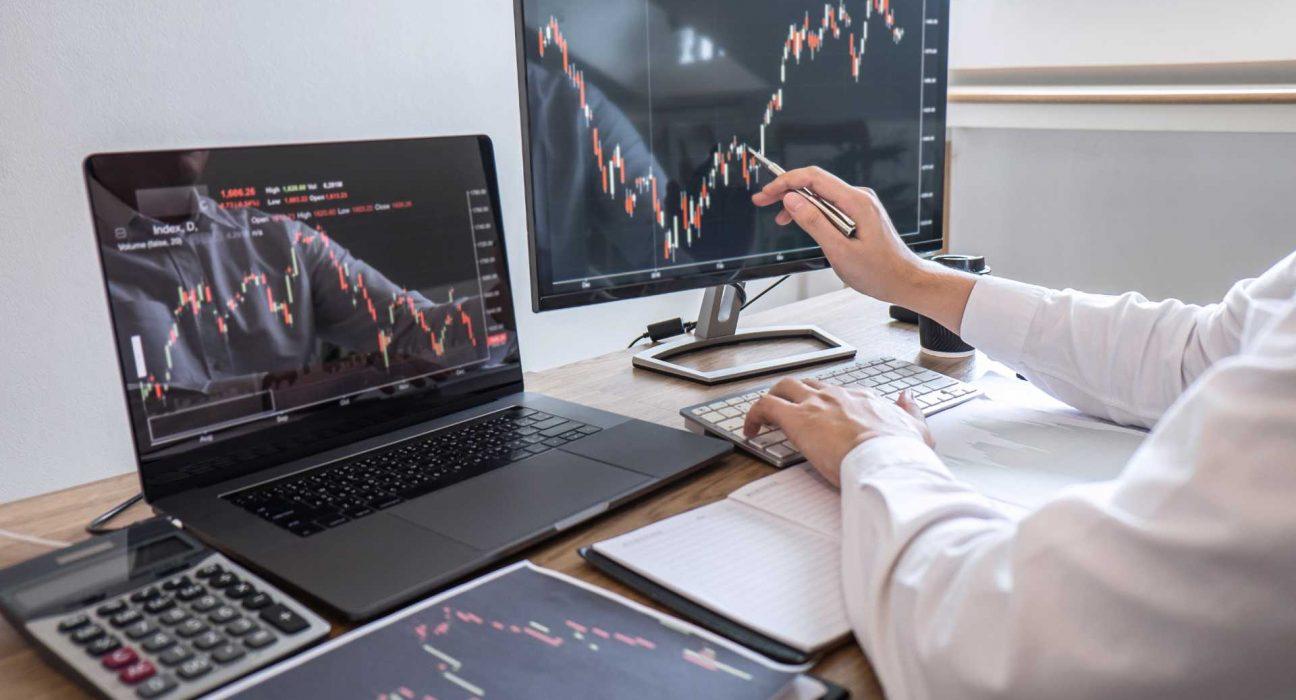Forex Trading and the Global Economy: Analysing Market Trends and Economic Indicators
Forex trading, also known as foreign exchange trading, is deeply connected to economic conditions and market sentiment. For traders who are focusing on the forex trading part of their portfolio, keeping up with global economies is key to making savvy moves when it comes o currencies.
Why? Read on to find out about the role economic indicators play in influencing market trends.
The Impact of Economic Indicators

Key economic indicators, such as GDP growth and employment data, influence currency market movements. By using these indicators to look at the economic health of nations, traders can foresee potential shifts in currency valuations, and make informed trading decisions.
For instance, inflation is one key economic factor that’s been especially pertinent in the way traders make their decisions recently. When inflation rates rose in the UK last year, for example, traders were in a position to sell the USD/GBP major pair because the higher inflation is more likely to weaken the pound against the dollar.
It’s situations like these that are triggered by the economic indicators that forex traders meticulously analyse. Another example is where there’s a rising GDP in a country. This might boost a currency’s value. Understanding the impact of these indicators is important.
Market Sentiment and Forex Trading
Market sentiment and investor psychology also play a significant role in shaping currency market trends. Factors such as risk appetite, geopolitical events, central bank policies, and global economic trends collectively influence market sentiment, impacting forex trading strategies.
Traders need to be aware of the current sentiment as it can significantly impact currency prices. For instance, heightened geopolitical tensions may lead to a surge in popularity among the ‘safer’ currencies, while positive economic changes in developing countries can increase risk appetite for these higher-yielding currencies.
One example of a major recent geopolitical event is the war in Ukraine. This had a snowball effect on the value of the Russian rouble as well as the Ukrainian hryvnia and other economies.
Using Technical Analysis

Technical analysis serves as a valuable tool for forex traders to identify trends, support and resistance levels, and potential entry and exit points. It’s especially useful in seeing the impact of wider events and market sentiment on the way currencies are being traded as this analysis displays moments where there’s been a change in direction.
Common technical indicators such as moving averages, MACD, RSI, and Fibonacci retracements help traders interpret historical price data and predict potential future movements. Using a trading platform for stock trading, can ensure traders have everything in place to understand the language of charts. This understanding allows traders to make more informed decisions, enhance risk management, and work out where there are trading opportunities.
Strategies for Trading Economic Events
Economic news events and data releases, such as Non-Farm Payrolls, interest rate decisions, and GDP reports, can trigger volatility in currency markets. Successful forex traders develop strategies to capitalise on these events. These include thorough preparation. For instance, if an announcement about a country’s economic performance is due, traders will be ready to react to the details of the announcement.
Also, they’ll build in risk management solutions during volatile conditions, and understand how the news impacts currency prices. Being able to navigate and trade effectively requires a knowledge of the economic calendar and the ability to adapt quickly.









Leave feedback about this